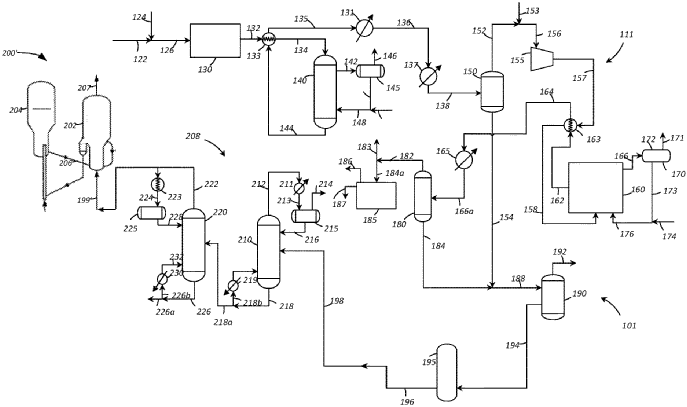The aviation industry has been under increasing pressure to adopt more sustainable practices and reduce its carbon footprint. One promising avenue has been the development of alternative jet fuels derived from renewable resources.
A new patent filed by Erick J Bennett, III, titled “Process for Providing Hydrogen in Jet Fuel Production from Methanol,” introduces a significant advancement in this field. The patent outlines a process that optimizes hydrogen supply in the production of jet fuel from methanol, potentially increasing efficiency and sustainability.
The primary focus of the patent is on the production and optimization of hydrogen supply within the process of converting methanol into jet fuel. Typically, hydrogen is a critical component in this transformation, serving various functions such as facilitating reactions and improving fuel quality. This patented process ensures a steady and efficient supply of hydrogen, which is crucial for maintaining the efficacy and sustainability of the fuel production process.
One of the key innovations described in the patent is the recycling of hydrogen streams. The process involves recovering additional supplies of hydrogen from various stages of the production line, such as from a hydrogenation reactor downstream of an oligomerization reactor, a methanol synthesis reactor, or from a hydrogenation reactor downstream from a DME (dimethyl ether) water column. This recycling capability not only supplements the initial hydrogen supply but also enhances the overall efficiency of the process.
The patent emphasizes the integration of advanced reactors within the production line to optimize the use of hydrogen. By recovering and redirecting hydrogen from different points in the process, the method reduces waste and ensures that each reactor is functioning at optimal capacity. This integration is crucial for maintaining the balance of reactions and achieving a higher yield of jet fuel from the methanol feedstock.





